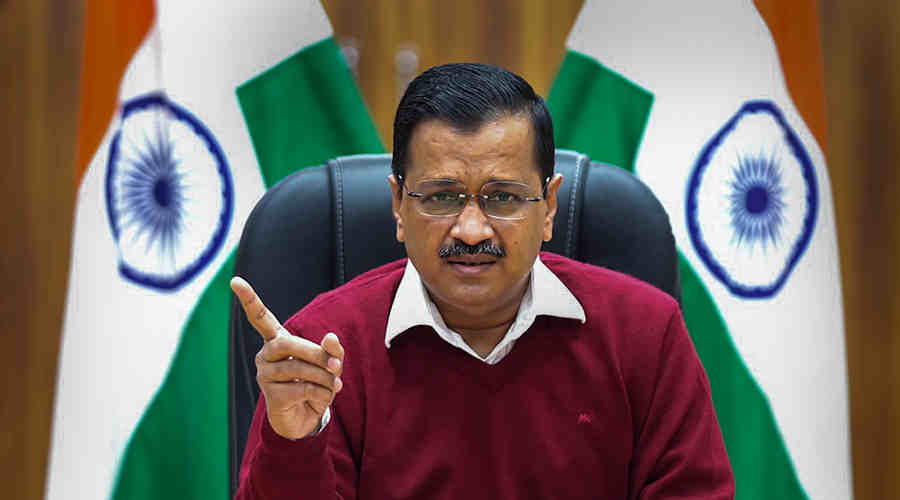The debate on the line separating nationalism and patriotism is an old one. But it endures. No less than Rabindranath Tagore had scoffed at the scourge of narrow nationalism, calling it “carnivorous”. In recent times, the eminent social scientist, Ashis Nandy, has been equally critical of modern nationalism, emphasizing the need to hold the line. There is, indeed, a need to resist such a conflation at a time when the Bharatiya Janata Party, India’s dominant political formation, has successfully fused the concept of patriotism with regressive nationalism. Love for the nation is natural and should never be hindered. What is unnatural is a nationalism that focuses on identifying — prejudicially — imaginary enemies of the nation. In the Indian context, minorities have borne the brunt of this toxic Othering.
The need to revisit the debate has been occasioned by the Aam Aadmi Party’s decision to use patriotism as political fodder. The AAP’s objective is noteworthy. This is because India’s Opposition, including the Congress, has failed to challenge the BJP’s aggressive, but exclusive, nationalism with an effective counter-narrative. The AAP — it has eyes on political territory in the north and west of India — is attempting a different fusion, seeking to disseminate patriotism through populism. It has, for instance, planned to proceed with a ‘Tiranga Yatra’: it is expected to stop at Ayodhya and at the site of the Ram temple. Arvind Kejriwal’s government is also putting up the Tricolour all across the capital. But the AAP’s cocktail of populist nationalism is unlikely to gain traction for two reasons. First, the AAP’s tepid opposition to the saffron dispensation, ideologically and on matters of policy, has earned it the moniker, ‘BJP’s B team’. A more robust history of confrontation with the BJP may have helped the AAP’s cause. Second, and more important, fidelity to patriotism requires ideological clarity. The only template of patriotism that should receive political endorsement, whether it is from the BJP or its rivals, is one that recognizes the plural, accommodating character of the republic. Respect and equality for all is the true essence of not only patriotism but also nationalism. Until India’s Opposition learns to embrace and educate citizens about this expansive notion of deshbhakti, the BJP’s ploy of wedding love for the nation with hate for its ideological opponents would continue to break new ground.

